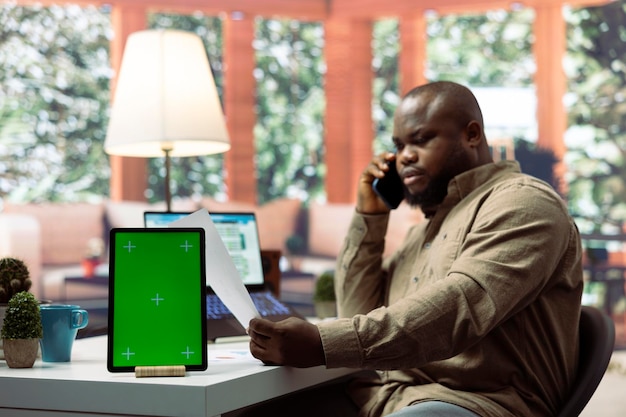Creating a Functional Office Space on a Tight Startup Budget

When you’re busy starting a business, the appearance of your office might be the last thing on your mind. However, this seemingly minor detail can actually be quite significant. It can influence your ability to attract talent, the productivity levels of your team, and the impression you make on visitors and other businesses. While it isn’t as crucial as making a profit, it can still support your business goals.
Many startup owners feel they lack the time or money to create a nice-looking office, often neglecting this aspect until later. This can unnecessarily trap them in a dull environment, making their work life harder. Designing an office on a startup budget is not only possible, it can also be a fun and rewarding task.
People often think startup offices should either be ultra-modern and minimalist or filled with beanbags, ball pits, and pool tables. While these extremes are popular, they aren’t practical for most startups. A company like Google can afford to turn their headquarters into a playground, but for your first office, a more balanced approach is likely more feasible.
Entertainment does have a place at work. It’s important to have a space where people can relax and forget about impending deadlines. Employees are often willing to contribute to such spaces. While they might not have an extra TV, they could bring in a gaming console, magazines, books, or even share a Netflix account.
By designating a rec room, you create an area for relaxation and show a part of your company culture. Instead of investing in items like a pool table or dartboard, which may not appeal to everyone, let employees bring their own entertainment. This allows them to personalize the space, making them feel valued and saving you money.
Startups often choose locations with good transport links and affordable rent, usually in urban settings. While convenient, these spots can lack greenery, negatively affecting employee wellbeing. Access to green spaces has been shown to improve mental and physical health. Indoor plants can help by introducing a touch of nature into the office.
Plants not only add color and create a soothing environment, but they also improve air quality by filtering out toxins. This can combat issues like ‘sick building syndrome,’ reducing headaches and boosting energy. A NASA study found that ferns are particularly good at removing pollutants. You could consider a small indoor or outdoor garden, with employees taking turns to care for it. This can serve as a team-building activity and a refreshing break from work.
In a modern office, there’s often a temptation to keep desks minimalistic and free of personal items, influenced by the trend of decluttering as popularized by the ‘KonMari’ method. However, this might not be the best approach. While decluttering can be good, personal items that ‘spark joy’ can make the workplace more pleasant and motivating.
Encourage employees to bring in personal items, whether it’s photos, artwork, toys, or plants. Adding these touches can make the office feel more comfortable and homely, boosting employee happiness and productivity.
Younger generations show an increased acceptance of used goods, often finding value in second-hand items from places like Goodwill or eBay. This trend can translate well to the office environment of a startup. While you might not use second-hand uniforms, you can decorate the office with interesting and affordable items.
Antique furniture and unique knickknacks can give your office a rustic, personalized feel, distinguishing it from typical sterile office environments. Plus, these items are often more affordable, fitting well within a startup budget.